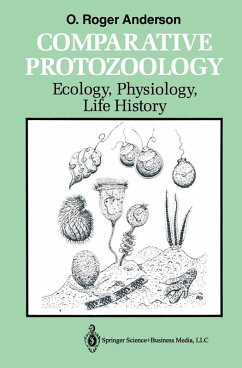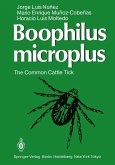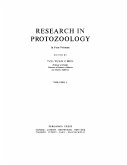The protozoa are an eclectic assemblage of organisms encompassing a wide range of single-celled and multiple-celled colonial organisms lacking tissue organiza tion, but exhibiting remarkably refined biological behavior. In some modern classifications, they are classified as a subkingdom among the Protista (eukary otic single-celled organisms). Although they are not considered a formal cate gory by some taxonomists and some biologists consider the name inappropriate (inferring that they are the first unicellular animals, although some photosynthe size), it is still convenient to consider this group of organisms as an informal collection under the heading of protozoa. Their cosmopolitan distribution, sig nificant ecological role in mineral recycling and enhancement of carbon flow through lower trophic levels of food webs, and remarkable cellular adaptations to enhance survival in diverse environments make them significant organisms for biological investigation. In some cases, biologists are introduced to this group in first level courses or in invertebrate zoology, but never develop a full appreciation for the diverse and biologically sophisticated characteristics of these organisms. This book is intended as a survey of broad concepts in protozoan biology with an emphasis on comparative data. The focus is on the zoological aspects of the group. Topics more closely related to plantlike characteristics, as presented in books on phycol ogy, are not considered in detail here. A sound background in modern biology and an introduction to cellular biology will be helpful in understanding Chapters 15 and 16, which include a substantial amount of information on biochemistry.
Dieser Download kann aus rechtlichen Gründen nur mit Rechnungsadresse in A, B, BG, CY, CZ, D, DK, EW, E, FIN, F, GR, HR, H, IRL, I, LT, L, LR, M, NL, PL, P, R, S, SLO, SK ausgeliefert werden.









